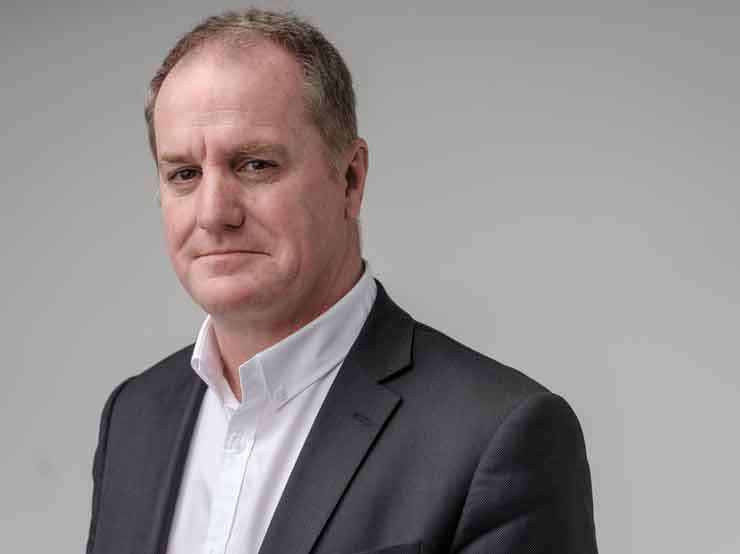COMMENT: If you’ve ever watched the brilliant UK sitcom The Office, you’ll be familiar with a character known as Keith (in the US version of the show the character is called Kevin). In both versions the character is a socially awkward man in his late 30s who is a sponge for the latest rumours and who sees it as his job to share them with others. However, what distinguishes his character is the absolute certainty with which he conveys such rumours which are always delivered with comical deliberation and a metronomically measured slow nodding of the head.
Brilliant stuff.
We all know a Keith/Kevin, of course – and social media is full of them. Anonymous connections, often without a profile pic, who punctuate the comments sections on Facebook and Linkedin with their various pronouncements, always delivered with absolute certainty, and right now, you’ll find them on various platforms opining, with that same absolute certainty, that higher mortgage interest rates are going to bring about a property market crash.
Predictions of a market crash are nothing new, of course, but are they right this time? After all, I’ve been at the forefront of those claiming that higher house prices over the past 40 years are primarily the result of dropping mortgage interest rates, so isn’t it fair to suggest that an increase in those rates will have the opposite effect?
Start your property search
It would be, if rates kept increasing indefinitely for a very long time, but they won’t. In contrast to the mid-1980s when we had our highest mortgage interest rates (which were over 20%) we’ve become much smarter about the way in which we now use interest rates to dampen demand and keep inflation under control – and that’s what the Reserve Bank is doing right now. Currently inflation (demand) is running at 5.9% - well above the “acceptable range: of 1 to 3% within which the Reserve Bank operates – so the Bank is raising mortgage interest rates in an effort to “soak up” demand by forcing households to divert more of their spending power to paying interest.

Ashley Church: “Higher mortgage rates will definitely make life tougher for households.” Photo / Ted Baghurst
It’s a crude instrument, but it works, and at some point it will succeed in getting inflation back under control. Once that happens the Reserve Bank will relax and mortgage interest rates will start to come back down. The only question is around how long that will take, but we can be confident that it won’t be for long enough, nor will rates get high enough, to crash the property market as suggested.
In addition to that, we can take confidence from the performance of the market itself over the past 40-plus years. It has been remarkably robust, and predictable, since around 1980, even though the country has fluctuated wildly between periods of high inflation, high interest rates and low migration and periods of low inflation, low interest rates and high migration. Since 1980, we’ve seen houses double in value roughly every ten years without a significant collapse at the end of any of those cyclic booms, as has happened in other countries.
Of course, it could be argued that this stability and the associated doubling of house prices is due to the fact that the general direction of interest rates, over that time, has been down and that a reversal of that trend would now drive prices down, but house price stability would only be affected if increases in mortgage interest rates became the new norm for a long time – and they won’t.
None of this should be read to diminish the immediate impact of higher mortgage interest rates, right now. These will definitely make life tougher for households and will add yet another significant imposition to the mountain that first home buyers need to climb, and we’re all going to need to cut our cloth accordingly until global economies manage to get the inflation genie back in the bottle.
But it will pass.
- Ashley Church is a property commentator for OneRoof.co.nz. Email him at [email protected]


















































































